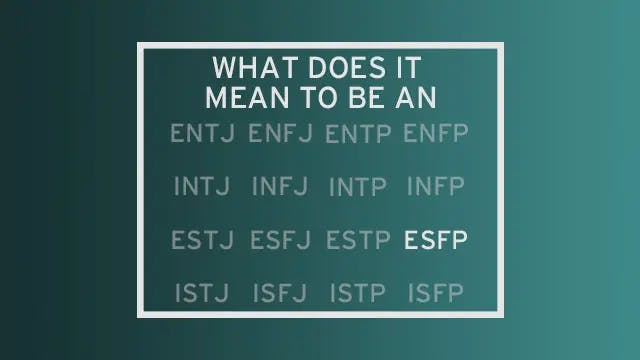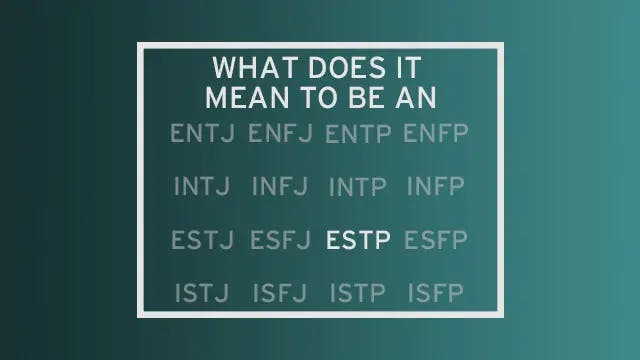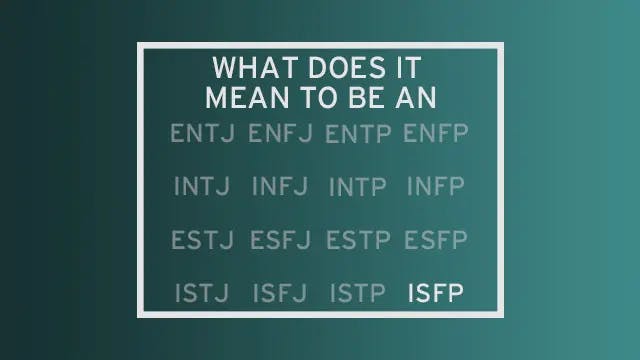
Thinking, according to the Myers-Briggs Type Indicator (MBTI), describes a person’s tendency to logically analyze information, rather than making decisions based on emotion. Understanding the role of thinking in MBTI personality types helps in developing analytical and problem-solving abilities. The two types of thinking, extraverted and introverted, impact personality types differently. The teachings and life of Jesus provide valuable insights and guidance for thinking individuals, emphasizing truth, justice, and personal growth.
Understanding Thinking in MBTI
The Myers-Briggs Type Indicator (MBTI) is a personality assessment tool that categorizes individuals into 16 different personality types. One of the fundamental dimensions of MBTI is thinking, which refers to how individuals make decisions based on logic and objective facts.
Thinking is the opposite of feeling in MBTI, and it refers to the ability to prioritize objective analysis over personal values and emotions. People who score high in thinking tend to be analytical, logical, and objective in their decision-making.
The Two Types of Thinking in MBTI
MBTI distinguishes between two different types of thinking: extraverted thinking (Te) and introverted thinking (Ti). Extraverted thinking is characterized by a desire to organize and structure the external world through logical analysis and problem-solving. People who score high in extraverted thinking tend to be systematic, efficient, and focused on results.
Introverted thinking, on the other hand, is characterized by a deep and complex inner world, where people analyze and prioritize their own thoughts and ideas. People who score high in introverted thinking tend to be reflective, curious, and highly analytical.
How Thinking Impacts MBTI Personality Types
Thinking plays a significant role in shaping the behavior, attitudes, and preferences of MBTI personality types. People who score high in thinking tend to be analytical, logical, and objective in their decision-making. They prioritize facts and data over personal values and emotions, and may be drawn towards careers and activities that require problem-solving and critical thinking skills.
Thinking types may struggle with emotional expression and may prioritize logic and reason over interpersonal relationships. They tend to be independent and self-sufficient, often seeking careers and activities that require analytical and problem-solving skills.
Developing Thinking in MBTI Personality Types
While thinking is a core aspect of MBTI personality types, it is also a skill that can be developed and strengthened over time. Some ways to enhance thinking include:
- Engaging in activities that require critical thinking and problem-solving, such as puzzles or strategy games
- Learning new skills and acquiring knowledge through reading, research, or education
- Reflecting on personal experiences and analyzing patterns and trends
- Practicing mindfulness and being present in the moment
How Thinking People Can Relate to Jesus
For people who score high in thinking, the teachings and life of Jesus offer valuable insights and guidance. Jesus' teachings on truth and justice align with the analytical and logical thinking that thinking types prioritize in decision-making and problem-solving. Jesus also modeled independence and self-sufficiency in his ministry, often going against societal norms and expectations.
Jesus' life demonstrates the importance of inner reflection and personal growth in achieving spiritual transformation, which is highly valued by people who score high in introverted thinking. His teachings on humility and the importance of serving others also resonate with thinking types, who often seek to make a positive impact on the world through their analytical and problem-solving skills.
Conclusion
Thinking is a fundamental aspect of MBTI personality types, shaping how people process information and make decisions. Developing thinking skills can enhance one's ability to analyze and problem-solve in a logical and rational manner. The teachings and life of Jesus offer thinking people valuable insights and guidance, emphasizing truth, justice, and personal growth.



